Blog
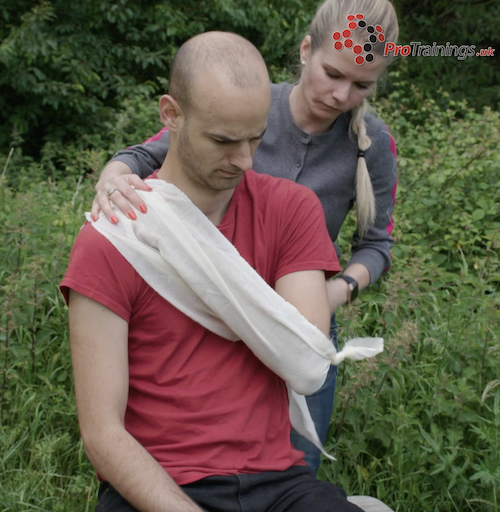
Serious bleeding
Bleeding can occur from various parts of the body in the case of injury. This can not only be life-threatening but also very distressing for the patient and even for the first aider. When you have to deal with a…
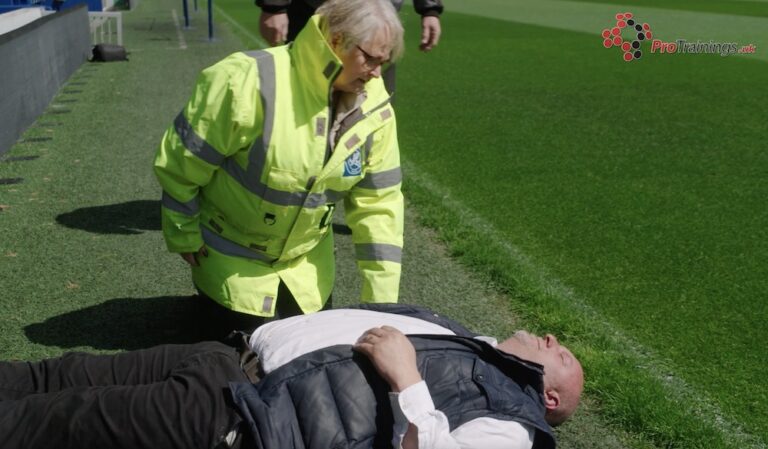
Fainting
To function properly our brains rely on a continual flow of oxygen which is carried in our blood. When this blood flow is temporarily reduced you may feel a little dizzy sick or just odd and if it is reduced…

Learn how to start and maintain your personal health and fitness journey online
Keeping fit and eating well is an important part of a healthy lifestyle. ProTrainings have launched a new course to help you start and maintain your personal fitness journey. This course gives you the basics of what you need to…
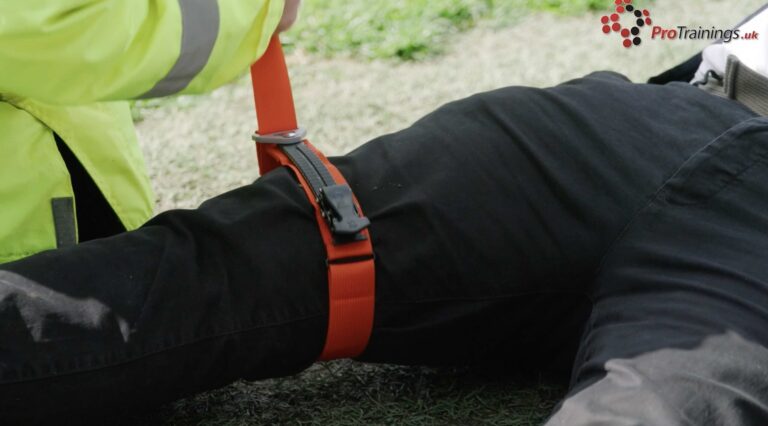
The RapidStop® Tourniquet – fast effective catastrophic bleeding control
The RapidStop® Tourniquet relies on key technologies to achieve rapid, intuitive and easy one-hand self-application. Application is even faster when a responder uses both hands to apply the tourniquet to a patient. The RapidStop® Tourniquet achieves full occlusion reliably and…
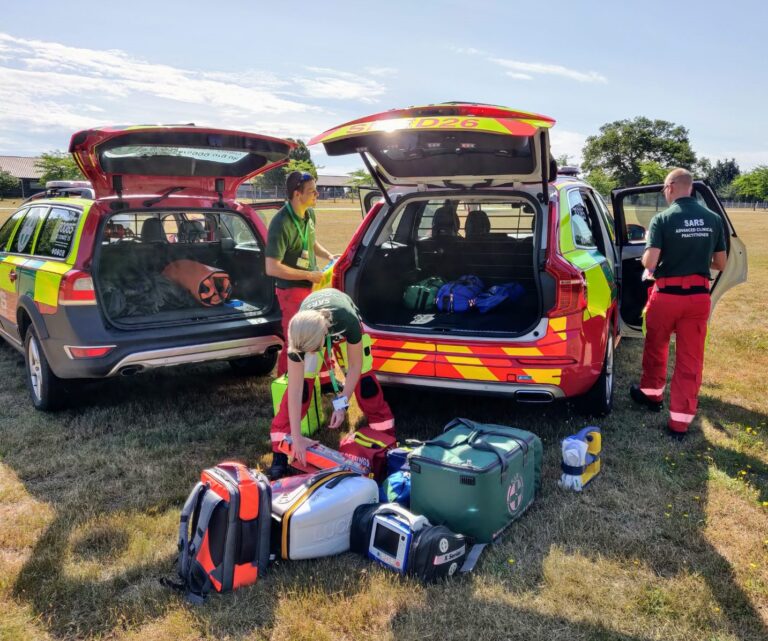
Suffolk Accident Rescue Service (SARS) is an emergency medical charity
Suffolk Accident Rescue Service (SARS) is an emergency medical charity, operating across Suffolk and its border areas. Volunteer SARS clinicians provide immediate and advanced medical care to patients with serious or life-threatening conditions or trauma. SARS responders have enhanced prehospital…

ProTrainings Course Types 5 – What is Hybrid Training?
Hybrid training is where you mix traditional classroom training with virtual training so some students are with the instructor in the class and others are there virtually through video conferencing. This method of training is not as popular yet as…
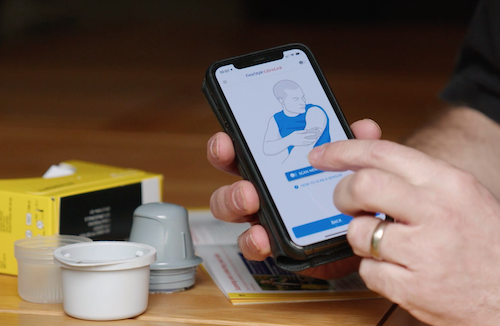
Libre 2 Glucose Tester – continuous monitoring sugar levels
The Libre 2 glucose tester is different from traditional finger-prick testers as you wear the sensor and record the data on your mobile phone or a special data reader. This allows the wearer to have a lot more data on…

Suffolk Accident Rescue Service (SARS)
Suffolk Accident Rescue Service (SARS) is an emergency medical charity, operating across Suffolk and its border areas. Volunteer SARS clinicians provide immediate and advanced medical care to patients with serious or life-threatening conditions or trauma. SARS responders have enhanced prehospital…

ProTrainings Course Types 4 – What is Virtual Training?
Virtual training has increased since the Coronavirus lockdowns as an option for some types of training. Virtual training is where the course is delivered online through platforms like Zoom. You can take the course at home or work and interact…
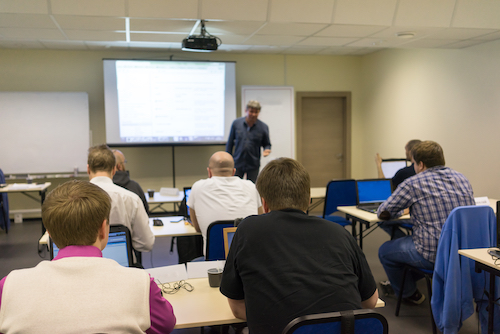
ProTrainings Course Types 3 – What is Classroom Training?
Classroom training is the traditional delivery method for training. At ProTrainings we still offer face to face class training as well as other options like blended training, virtual training, online training or hybrid training. ProTrainings offer classroom training at your…

